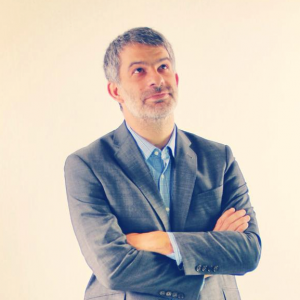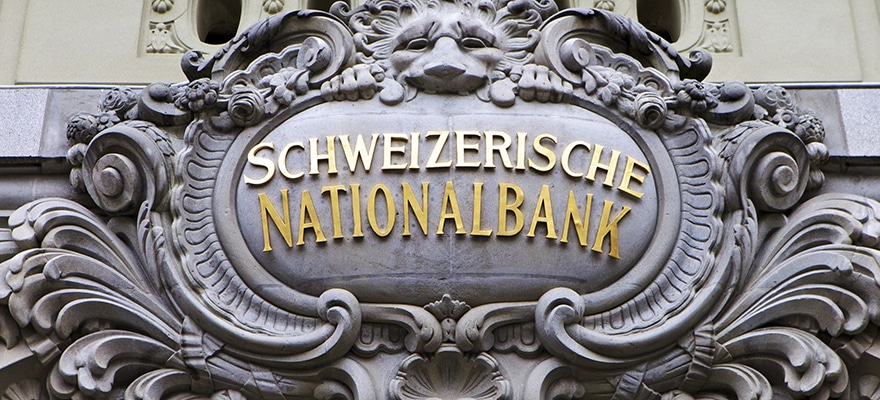Today I’m in Disneyland. And I am going to tell you, I did not learn anything about trading from Disneyland. There is not one useful thing here, that you can apply to anywhere else in the world. I did not learn about healthy eating. I did not learn about pacing myself and resting when I was tired. I did not learn anything about being patient with my children. I did not learn anything about how much a bottle of water should cost. I did not learn anything about physics, the rotation of the planets around the sun, or how to say no to my children when they ask if they can buy more Legos. Feel free to listen along to this article by the following link.
Learning While Trading? Think Again
And in that way, Disneyland is very similar to trading. You see, you don’t learn much about trading from trading. At least, nothing useful – when you are live trading, you are not learning anything. This is contrary to popular belief and by all means, bring on the ridicule. However, save your criticisms for just a few moments while I try to make my point.
When you are in the middle of a live trade, you are not learning, rather you are experiencing. And experience is a great teacher – after the fact. Just like, Disneyland is terrible for teaching you about being frugal and saving money while you are Disneyland, and it’s great for teaching you about that after you get home and look at your credit card bill.
When you are in the middle of a live trade, you don’t know the value of anything. You think that any small movement is reason for panic or euphoria. Every candle looks like a Viagra candle. Every move seems like the end, for good or bad. At least it can get that way when we are looking at the charts and trying to trade for a living.
When you are in the middle of a live trade, you don’t learn anything about patience. You’re the least patient you will ever be in your life, except for your prom night and maybe the day your first child is born. These two events may be connected in some way, which I find kind of funny. Anyway.
When you are in the middle of the trade, if you are tempted to start evaluating what you’ve done, or think about what you could have done better, you’re already dead. You don’t re-plan a battle when you’re in the middle of it. Set the ground rules in advance, know exactly what it will look like if it is a bad trade, and what it looks like if it is a good trade, and then act accordingly. Know your decisions ahead of time. This is so important I should spend an entire podcast just talking about that. It bears repeating: Know your decisions ahead of time, so all you have to do in the moment is react naturally. No decisions to make, no lessons you’re trying to teach yourself.
Man With A Plan
The reason for all of this is that in the middle of a live trade, you are doing, you are not pondering, thinking, evaluating, reasoning. You are doing actions and reactions. Your amygdala, or the root of your brain, or the lizard brain, or whatever they call it - that’s what is in charge. Especially for those of you crack heads that are trading on the really short-term charts. But really, for all of us. Just two days ago I planned a buy trade on the EUR/NZD - and I sent it out to (and I am not making this up) 43,000 people.
Over 40,000 traders saw the plan, saw the trade, and saw that I wanted to buy this currency pair. I even bought Facebook ads, I was so confident in this trade. You might have seen the Facebook ad pass by on your feed, next to the pictures of kittens throwing up on babies while driving. Anyway - I wanted as many people as possible in the world to see the trade and take it with me and make some money. Buy it at 1.5500 or sooner, and hold on until 1.5600 or later. Easy. It’s my favorite kind of trade.
Then the trade opened this morning. Great, right? Sure. I had a plan. Tens of thousands of traders saw it. Maybe a few thousand of you were going to take it with me.
And my brain turned to mush. The trade was open, and I started to ask myself: is there a better profit target? Hmm. That looks good. Oh, the trade is up 100 pips, I said later in the day. I even loaded MT4 onto my iPhone (hey, that’s pretty cool) so I could double check on it and obsess about it while I was in line for Pirates of the Caribbean. I started rethinking the trade. Replanning it. Did I have more information? yeah! I had more info. The trade was open. That’s not a heck of a lot of additional info!

Do Not Second Guess Yourself
Was I learning anything? No. I wasn’t even trying to learn anything. I was looking at dollar signs and pip levels. It’s only after this trade is closed that I will really learn anything about what I did. But trying to learn about whether I took the entry at the right price - while the trade is open - is a little bit ridiculous. We’re always going to second guess ourselves and get doubtful about it right after it’s open. It’s no time to start evaluating what we’ve done. It’s time to act, to react, to get the trade managed properly. But to second guess your skills? That just invites your ego to start criticizing itself. It will bring you down. You won’t do well on the trade.
Here are some things I think you can do to improve your trading right away, immediately, with what we’ve talked about on the recent podcast.
- Make your trading plans before you’re in the trade.
- Know what a trade that has gone bad looks like before you get into the trade.
- Know what a trade that looks like it is going to its profit target looks like before you get into the trade.
- Know what a trade looks like when it has stalled and isn’t going anywhere, before you get into the trade.
- Have pictures of your favorite trades ready - so when a trade is open you can compare the best trades to the ones you are in right now.
- Keep a notebook or a trade log of all of your best trades. Delete and remove and forget the worst ones.
- Stop thinking that you are going to learn from your worst trades. If you obsess about them you are going to just feel terrible and then you are going to trade worse. Keep pictures of your best trades.
- Resist self doubt.
Expect every trade to perform well for you. If it doesn’t, and you know it because you planned it out ahead of time, then react accordingly. Trading live is about reaction. Trading successfully is about planning those reactions ahead of time.













